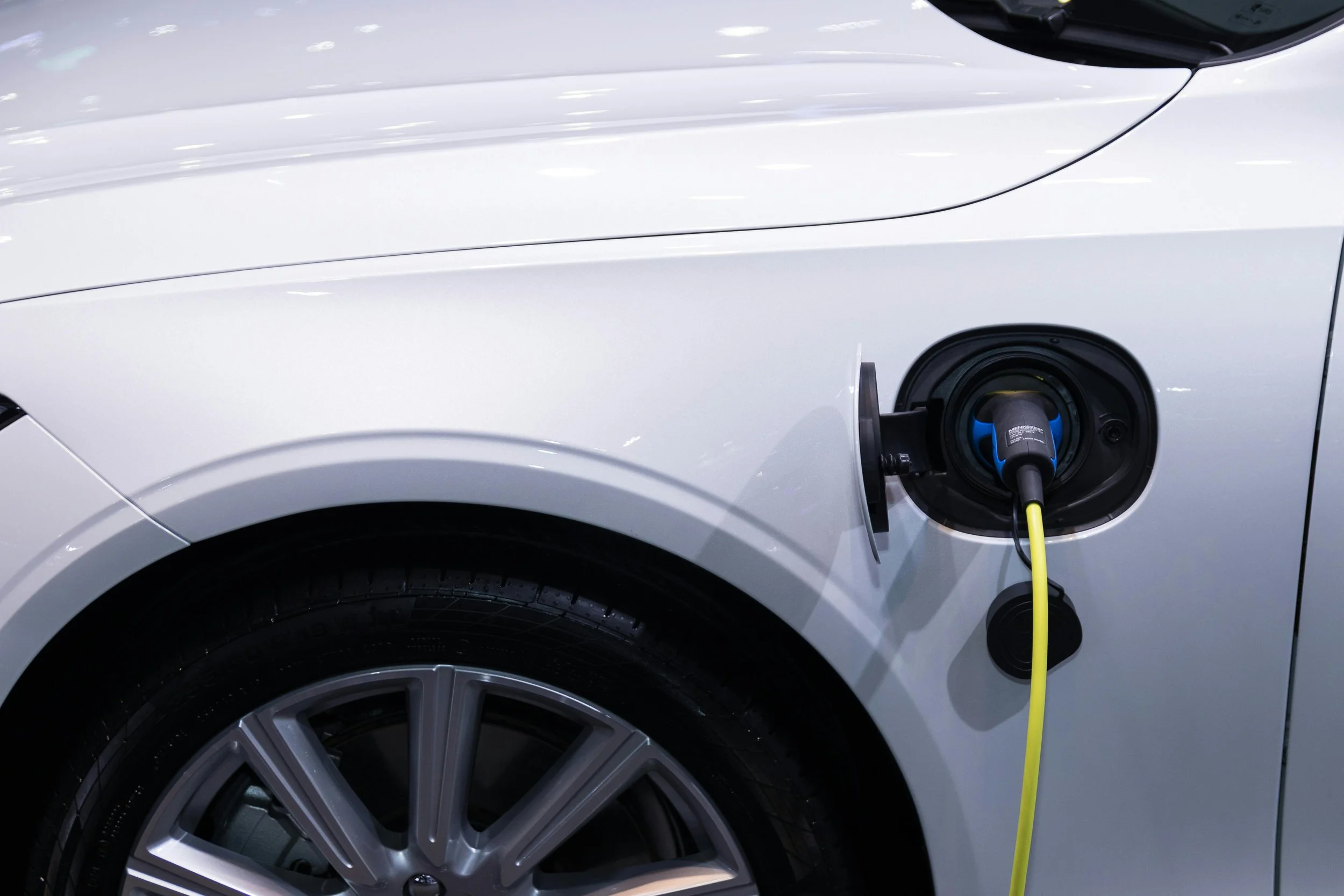Can Solar Energy Power Electric Vehicles at Home?
With the rise of electric vehicles (EVs) and the increasing push for sustainable living, many homeowners are exploring the possibility of powering their EVs using solar energy. The good news? It’s not only possible—it’s smart, cost-effective, and environmentally friendly.
The Synergy Between Solar Panels and EV Charging
Solar energy and electric vehicles are a perfect match. Solar panels convert sunlight into electricity, which can then be used to power your home—and charge your car. By installing an EV charging station at home and pairing it with a rooftop solar system, you can essentially fuel your car with sunshine.
Instead of relying solely on the grid (which may still use fossil fuels), you can reduce your carbon footprint by generating clean energy on your own roof. It’s an eco-friendly loop: generate solar power, store it in your home battery (if you have one), and use it to charge your EV when needed.
How Much Solar Power Do You Need?
The energy required to charge your EV depends on your driving habits and your car’s battery capacity. On average, EVs use about 15–20 kWh per 100 kilometres. If you drive 50 km per day, you’d need approximately 10 kWh of electricity to recharge your car daily.
A typical 6.6 kW solar system in Australia generates around 25–30 kWh per day—more than enough to power your home and charge your EV, especially if you time your charging during peak sunlight hours or store excess energy in a solar battery.
Benefits of Charging Your EV with Solar Power
🌱 Reduce Carbon Emissions
Solar energy is a renewable source that produces zero emissions. Charging your EV with solar power significantly reduces your reliance on fossil fuels and lowers your environmental impact.
💰 Save on Fuel and Energy Bills
Using solar power to charge your car can dramatically cut costs compared to grid electricity or petrol. Once your solar system is installed, the sunlight is free—resulting in major savings over time.
🔋 Take Advantage of Battery Storage
Adding a home battery to your solar system allows you to store excess solar energy generated during the day. This means you can charge your EV in the evening or even overnight using solar power stored earlier—maximising your self-sufficiency.
Smart Charging: Making the Most of Your System
Modern EV chargers can be integrated with home solar systems and smart energy management tools. These allow you to schedule charging during peak solar production times or when energy prices are lowest. Some systems can even prioritise solar charging to ensure your EV is powered with the cleanest energy available.
The Future Is Solar-Powered Driving
As solar panel technology, battery storage, and EV adoption continue to grow, powering your electric car with solar energy is becoming easier and more efficient than ever. It’s a forward-thinking investment that benefits your wallet—and the planet.
Ready to power your EV with solar? Explore home solar solutions and start driving cleaner, smarter, and more sustainably.
Get in touch today to start our journey together.
Stay committed!
Damien Frearson

